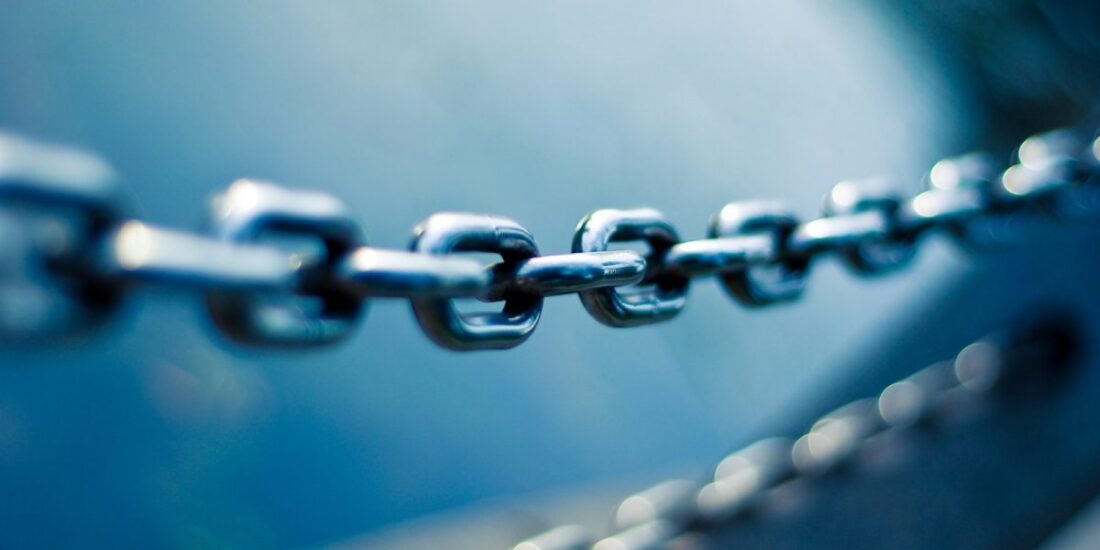SEO penalties come in all shapes and sizes. Webmasters sometimes flirt with the rules to try to race to Page 1 of Google Search. When they break them, they can suffer penalties from search engine algorithms. However, manual actions are penalties taken by the search engines themselves when they notice an eggregious infraction and those can be incredibly difficult to overcome and revers.
(Kinds of manual actions taken by search engines and what they mean for your website)
One infraction that webmasters make is posting (and receiving) links at all cost. The thinking is based on the antiquated notion that any link is a good thing for SEO management. This might have been the case for a short-lived period in SEO management history. But it isn’t today. Today, because of massive abuse by webmasters far and wide, linking is scrutinized closely by search engines and if there is even a hint of funny business, they can get your site sandboxed or, worse, de-indexed.
And, yes, de-indexing is exactly what it sounds like: removal from the search index altogether.
The biggest issue with linking is unnatural linking relationships. When a website links to another website (and particularly when that website links back) it raises red flags for search engines. Typically, when a website links out to another, it is referring traffic away from its site to another. Why would anyone want to do that? Well, the fact is websites cite outside resources all the time and to provide good customer service a link to another resource that can provide deeper learning on the subject at hand helps the visitor get the answers they seek.
When a website links out to another site that links back to it, it indicates some sort of relationship. Search engines typically suspect that these reciprocal links amount to a scheme to rig the system to rank each site higher. When the two websites represent entities that belong in disimilar industries and bear no real relationship (outside of posting reciprocal links) it sends off alarms with Google, Yahoo and Bing. This represents the unnatural linking Google takes manual actions against.
Google does recognize that unnatural links can be (and often are) posted from sites seeking to leach traffic online from popular websites. These sites are often housed overseas and post links randomly on their sites to those with which they have no relationship. Through no fault of your own, your site could be the victom of such schemes. Gambling sites, pornography sites, unscrupulous online sales platforms may point links to sites that have nothing to do with their business. When Google recognizes this, the may take manual actions that cause no real consequences for the “victim” site. For this reason, it’s good to take the step of examining your site’s inbound links often and dissavow any links you know to be from toxic sites.
But when these links are reciprocal and the sites bear no real relationship (such as a lawnmower sales website linking out to a bakery website), a linking scheme is often assumed and you can expect the sites will suffer demotion in the rankings as a result.
As referenced, recovering from these penalties can take an arduous path. But it all starts with removal of the offending links. From there it may take months of pristine search engine strategy to begin to notice movement back toward Page 1. It’s not uncommon for a site that has suffered manual actions to take up to as many as two years to get its reputation back with search engines.
The moral of the story? Just don’t do it. It’s simply not worth the hit your site takes in the long run.
If you would like to learn more about how search engine optimization strategies can power visibility and growth for your website, call Proctor Digital at 773.664.5819. We’d love to help!

